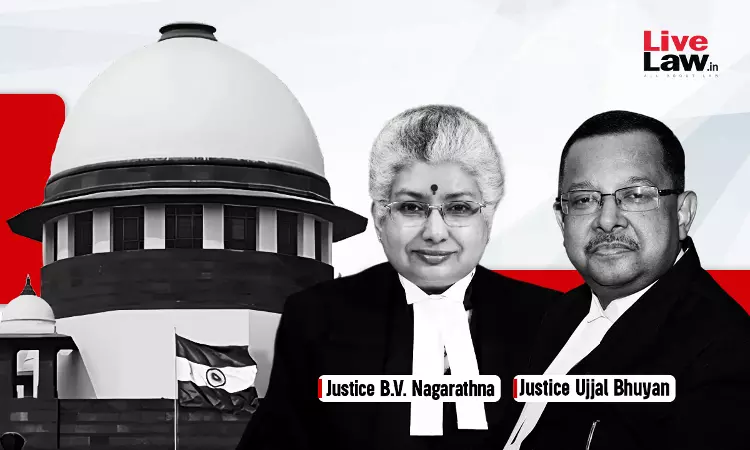Right To Property Under Article 300A Available To A Person Who Isn't A Citizen Of India : Supreme Court
Yash Mittal
24 Feb 2024 12:33 PM IST

Next Story
24 Feb 2024 12:33 PM IST
The Supreme Court has observed that the right to property as enshrined under Article 300A of the Constitution extends to persons who are not citizens of India.“The expression person in Article 300-A covers not only a legal or juristic person but also a person who is not a citizen of India. The expression property is also of a wide scope and includes not only tangible or intangible property...
